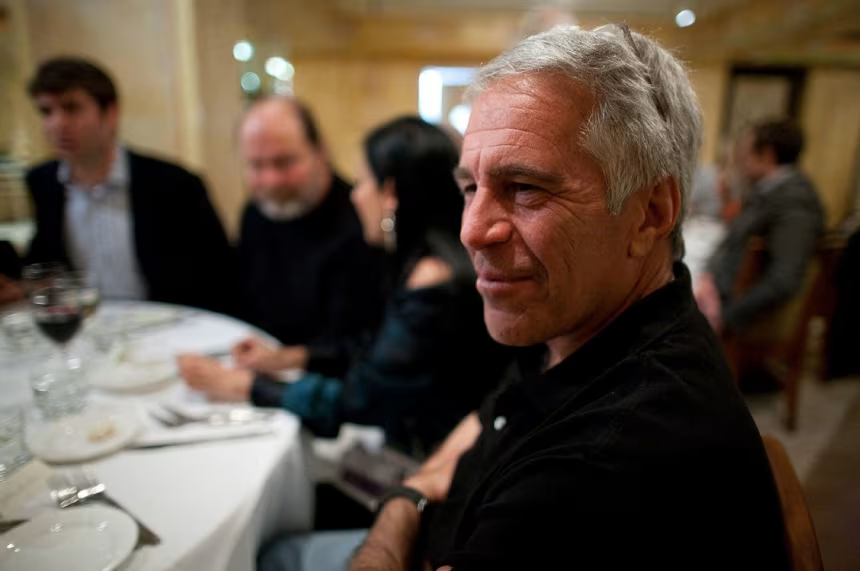A recent study published in the journal Heart has raised concerns about the potential cardiovascular risks associated with regular cannabis use, finding that it may be linked to a higher risk of heart attacks, strokes, and fatal heart disease — in some cases, exceeding risks associated with other substances such as cocaine, Earth.com reports.
Cannabis has become widely available and increasingly accepted, with uses ranging from pain relief to relaxation and sleep support. In many parts of the world, including over half of US states and several European countries, it is legally available for medical purposes — and, in some places, for recreational use. However, researchers are now cautioning that its effects on the heart may be more serious than previously understood.
The study analyzed data from more than 432 million people and reviewed over 3,000 earlier studies, focusing in on 24 that directly examined the link between cannabis use and cardiovascular outcomes.
Key findings included:
29% higher risk of heart attack among cannabis users
20% higher risk of stroke
Over twice the risk of dying from heart disease compared to non-users
While occasional use was not consistently associated with these risks, the dangers became more evident in younger adults and those who used cannabis frequently — particularly more than once per week.
For example, in one Australian study, weekly cannabis users were nearly five times more likely to experience a stroke or mini-stroke. In the US, data from hospital records also showed a higher incidence of heart issues in cannabis users aged 25 to 34.
Notably, a French hospital study found cannabis to be a stronger predictor of heart attack than even cocaine, after adjusting for tobacco and other substances.
Researchers noted that modern cannabis products tend to be much more potent than those used in the past, with higher levels of THC — the compound responsible for the plant’s psychoactive effects. The rise in use of concentrates, edibles, and synthetic cannabinoids may also contribute to unknown or heightened risks.
The World Health Organization has reported increasing cannabis use in regions like Southeast Asia and the western Pacific, and in countries such as Germany, where recreational cannabis became legal in April 2024. This has raised public health interest in understanding how evolving patterns of use may affect long-term health.
Despite these concerns, cannabis remains a medically useful substance for many people when used under the guidance of a healthcare provider. It has demonstrated benefits for:
Chronic pain management
Reducing nausea and stimulating appetite in cancer patients
Alleviating symptoms of multiple sclerosis
Treating certain forms of childhood epilepsy with CBD-based medications
The medical community continues to explore how to balance these benefits with potential long-term health risks, especially when cannabis is used regularly outside of a clinical setting.
Public health experts are calling for cannabis to be treated more like tobacco: not criminalized, but regulated with clear warnings about health risks. They recommend incorporating cannabis use into routine health screenings, particularly for patients with heart conditions.
“Cannabis today is far more potent than it used to be, and we need to understand not just the effects of THC or CBD, but also how other compounds and delivery methods may be affecting health,” noted Professor Stanton Glantz and Dr. Lynn Silver, who contributed commentary on the findings.










The latest news in your social feeds
Subscribe to our social media platforms to stay tuned